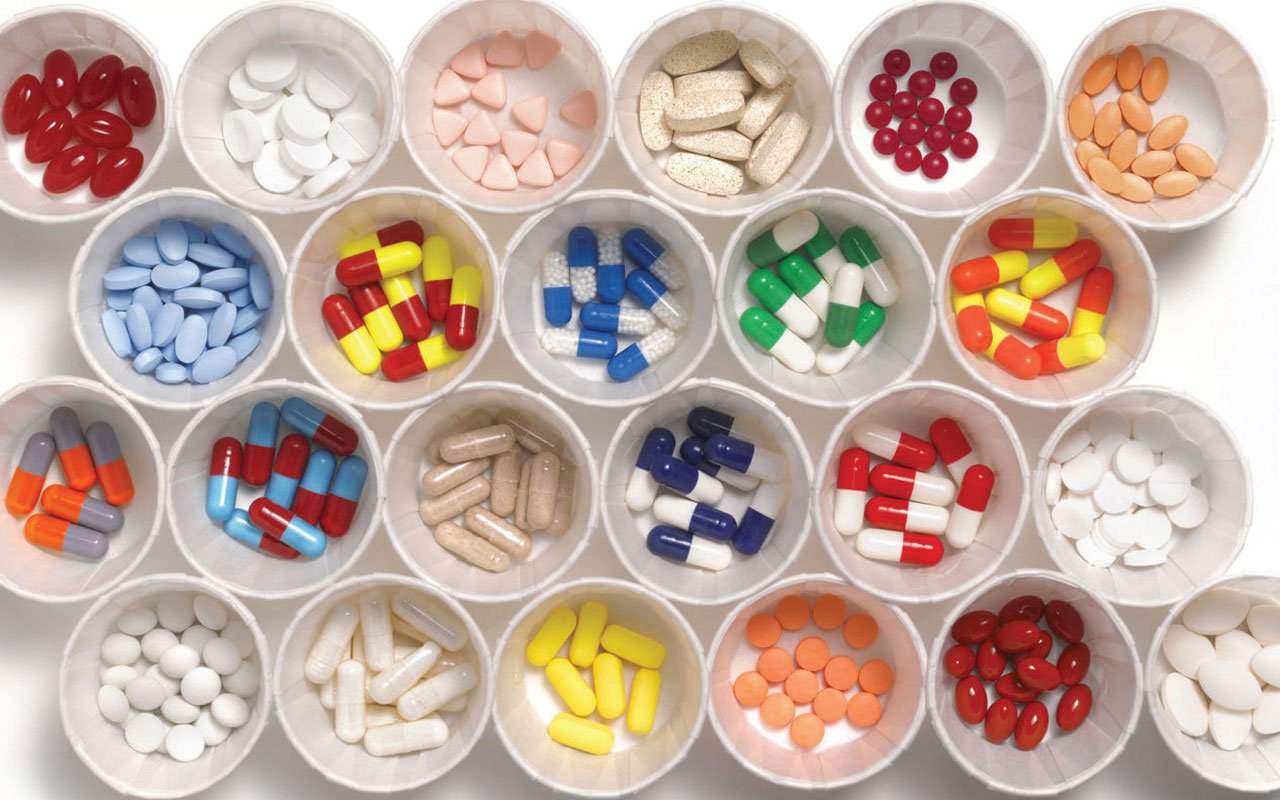Vitamin B6 (a.k.a. pyridoxal, pyridoxine, pyridoxamine):
Like a G6, this essential, watersoluble vitamin flies high above the others.
Vitamin B6 helps out with the production of serotonin, a hormone that plays a hand in sleep, appetite, and mood .
It also assists with manufacturing red blood cells and steroid hormones, influences cognitive and immune function, and is linked to reducing the risk of heart disease.
Diets lacking B6 are rare, but evidence of seizures and other neurologic systems are observed in extreme deficiency. Adverse effects from high doses are primarily seen in people taking supplements, and include pain and numbness in the limbs.
What You Need:
- 1.3 mg
How to Get It:
- Foods soaring in vitamin B6 include salmon (0.48 mg per 3 ounces)
- chicken (0.51 mg per 3 ounces)
- bananas (0.43 mg per medium banana),
- baked russet potatoes with the skin (0.70 mg per medium potato)
- hazelnuts (0.18 mg per ounce)
- cooked spinach (0.44 mg per cup)
What’s Too Much:
- 100 mg
















